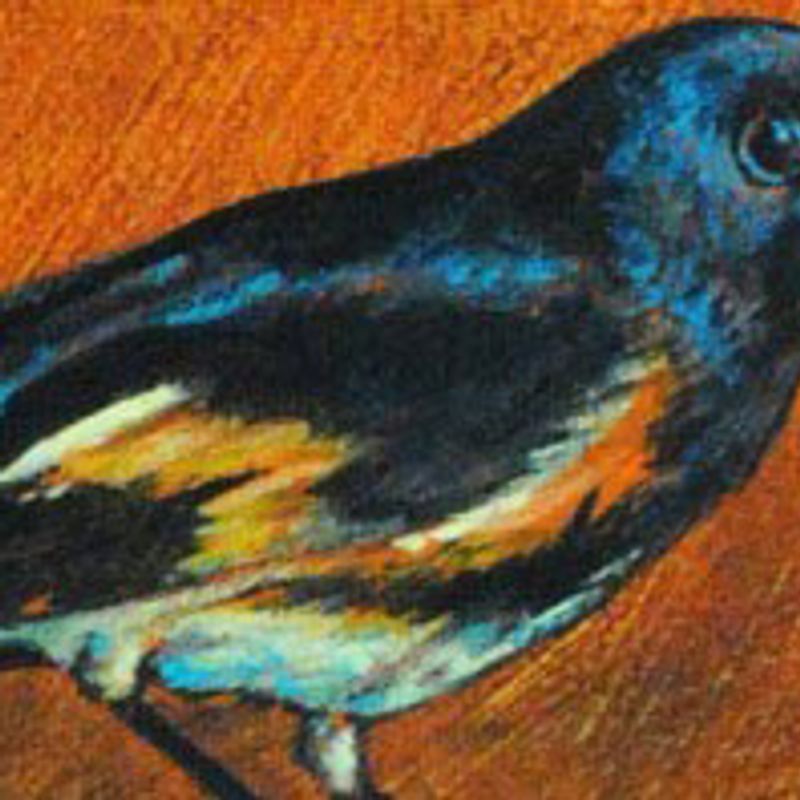The 6.5 Practices of Moderately Successful Poets: A Self-Help Memoir
by R.T. SmithThe 6.5 Practices of Moderately Successful Poets: A Self-Help Memoir by Jeffrey Skinner (Sarabande)
When I first glanced at this book, I was ready to dismiss it: I don’t care for contemporary memoirs of many sorts, litbiz as a subject has no appeal, and self-help books don’t usually achieve their putative aim. Skinner’s book, however, contained another ingredient, an intriguing one. He worked in security and investigation when he was young, and since I’ve worked for Pinkerton and Wackenhut myself, I wondered what somebody who’d snooped and guarded for an actual living brought to the art of poetry.
Major disclosure: Skinner doesn’t go into the seedy or technical side of catchy cases. Instead, he concentrates more on the mundane, punch-the-clock aspect of the industry and on some people he met while working for and then with his father. He also keeps reminding us that conducting surveillance is one thing any writer has to do steadily. One quirky bit of info he brings our way from the private eye world is that, in the course of his work, he met a cousin of Robert Bly who revealed that Bly was backed by a trust fund and had never actually held a job. I assume a private eye would trace this scuttlebutt down and that it’s trustworthy information.
Much of the time with The 6.5 I was reading fast, looking for nuggets and sly bits, and he’s discovered an amusing way to reveal how he came to be a poet and found a niche in that world. Occasionally, however, I ran across something radiant and arresting. From the title of the book and chapters, from his half-goofy top ten lists and his letters to Dr. Frankenpoet section, I knew he was out to have some fun, but when Skinner writes about what poets must do and be prepared for, he sometimes exceeds the predictable answers. For instance, when pondering what we want from poetry, he delivers some provocative and memorable phrases, like “a coherent and specific originality.” He’s also good on why one can’t become “new” through “craft or ideological positioning.” “The genuinely new,” he writes, “has a restless temperament and is congenitally dissatisfied.” Many writers say something like this, but I think he hits it dead on.
By the end of the book, I (arrogantly, I guess) wished that Skinner had written, instead of this hybrid, three separate pieces: a substantial autobiographical essay about gumshoeing and learning to write, a witty (and he can do that) satire on the “creative writing world” and its foolishness, and finally a textbook on writing poetry – not for classes, but just for engaged people who want some guidance in learning to write poems, without any ambitions to get into the game or spend a fortune collecting an MFA. Maybe he’s done these, but up to now I’ve just been a reader of his poems, which I often admire. From now on, though, I’ll be keeping my eye out for his prose. RTS



